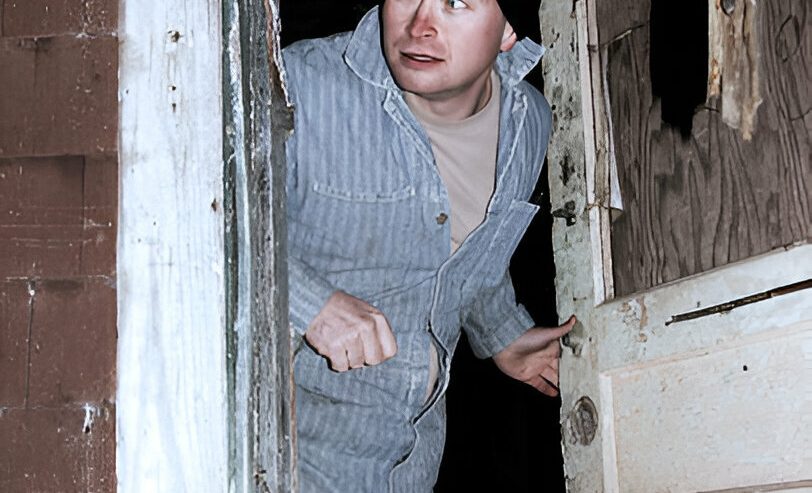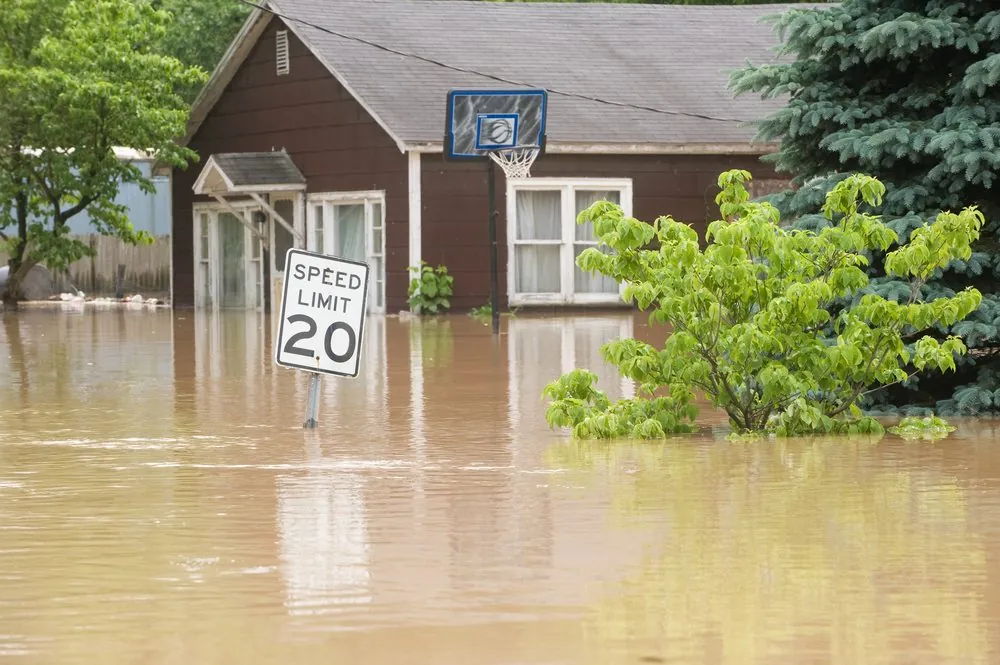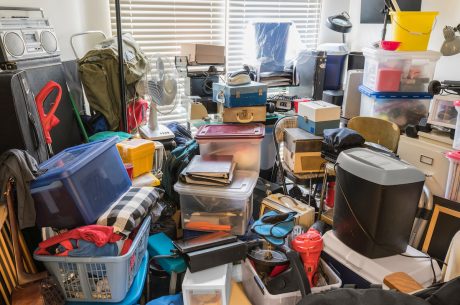Evicting squatters might feel like the final chapter in a stressful ordeal, but it’s just the beginning. Whether you’re reclaiming a home in Sarasota or a commercial storefront in Bradenton, the first 48 hours after squatter removal are critical and that’s why you need to know what to do after evicting squatters in Florida.
Florida’s new legislation—HB 621 and SB 322—has made it easier to take back your property. But once the sheriff locks the door behind them, your responsibilities kick into high gear.
This guide is your essential, real-world checklist: practical, Florida-specific, and packed with the professional steps many property owners overlook.
Here’s what to do after evicting squatters in Florida
Step 1: Confirm Legal Possession & File a No-Trespass Notice
Florida’s HB 621 (effective July 1, 2024) empowers residential and commercial property owners to have squatters removed without a formal eviction—if certain criteria are met. But the process doesn’t end once the squatter is gone.
Here’s what to do:
- Obtain a written confirmation of the removal from the sheriff’s office or legal counsel.
- File a No Trespass Notice with local law enforcement. This allows immediate arrest if the squatter returns.
⚠️ Why this matters: Without formal notice on record, repeat intrusions could require another removal process—costing you more time and money.
Step 2: Lock It Down — Literally
Squatters often gain access through more than the front door. Window latches, garages, crawl spaces, even utility rooms may be compromised.
Secure your property:
- Rekey or replace all locks (not just the main entry).
- Check windows, back doors, garages, and attic access points.
- Reset garage openers and update smart lock codes.
- Install motion lighting and outdoor security cameras.
🔍 Tip: Keep photo evidence of all upgrades. It helps with future insurance claims and proves you took steps to prevent reentry.
Step 3: Schedule a Biohazard & Environmental Assessment
Florida’s heat and humidity amplify the risks left behind by squatters. Even if everything looks okay, hidden dangers may linger:
- Mold from leaks or unventilated areas
- Drug residue (meth, fentanyl, heroin)
- Bloodborne pathogens, needles, or human waste
What to do:
Hire a certified biohazard remediation team, such as PuroClean of Bradenton to:
- Sanitize and deodorize affected areas
- Safely remove hazardous materials
❗️ Important: Insurance providers often require proof of professional cleanup to approve related claims.
Step 4: Document Every Detail
Photos. Videos. Room-by-room walkthroughs. This isn’t just for peace of mind—it’s legal and financial protection.
What to document:
- Property damage (doors, drywall, appliances)
- Any trash, paraphernalia, or personal items left behind
- Signs of illegal activity
- Timeline of events, from discovery to cleanup
📁 Pro Tip: Save backups to a cloud drive. Timestamp everything. Email it to yourself. If you end up in court or need to dispute an insurance claim, this documentation will be invaluable.
Step 5: Check for Mail Fraud or Identity Theft
In Florida, squatters have been known to intercept mail, open accounts, or use stolen info to apply for utilities.
What to check:
- Unauthorized USPS forwarding or rerouting
- Suspicious mail addressed to unfamiliar names
- Unopened letters, utility bills, or account notifications
What to do:
- Contact USPS to flag the address and secure your box
- File a mail theft report if needed (Federal offense under 18 U.S.C. §1708)
- Consider running a credit/address monitoring alert
Bonus Step: Notify Your Insurance Provider Immediately
Even if you’re not filing a claim, your provider should be made aware of the squatter incident.
Why?
- Most policies require timely reporting
- Some hidden damage (like water leaks or biohazards) may surface later
- Your insurer can tell you what documentation to preserve
Want better coverage in the future? Ask about endorsements for vandalism, malicious mischief, or unlawful occupancy.
The Real Risk Isn’t Over When They’re Gone
The biggest mistake Florida property owners make? Thinking it ends at eviction. In reality, that’s where risk management begins. Knowing what to do after evicting squatters in Florida will determine:
- Whether your insurance will protect you
- Whether your property is safe to re-enter
- Whether you prevent another squatting attempt
Need Help With Post-Squatter Biohazard Cleanup in Florida?
Call 941-877-2288
PuroClean of Bradenton specializes in discreet, certified biohazard remediation and post-occupancy property restoration. We help Florida landlords, business owners, and property managers get back to safe, clean, insurable spaces—fast.
Call 941-877-2288 today for immediate help.
We know exactly what to do after evicting squatters in Florida. Call us now or contact us here.
Also follow us Facebook, LinkedIn and Instagram.



